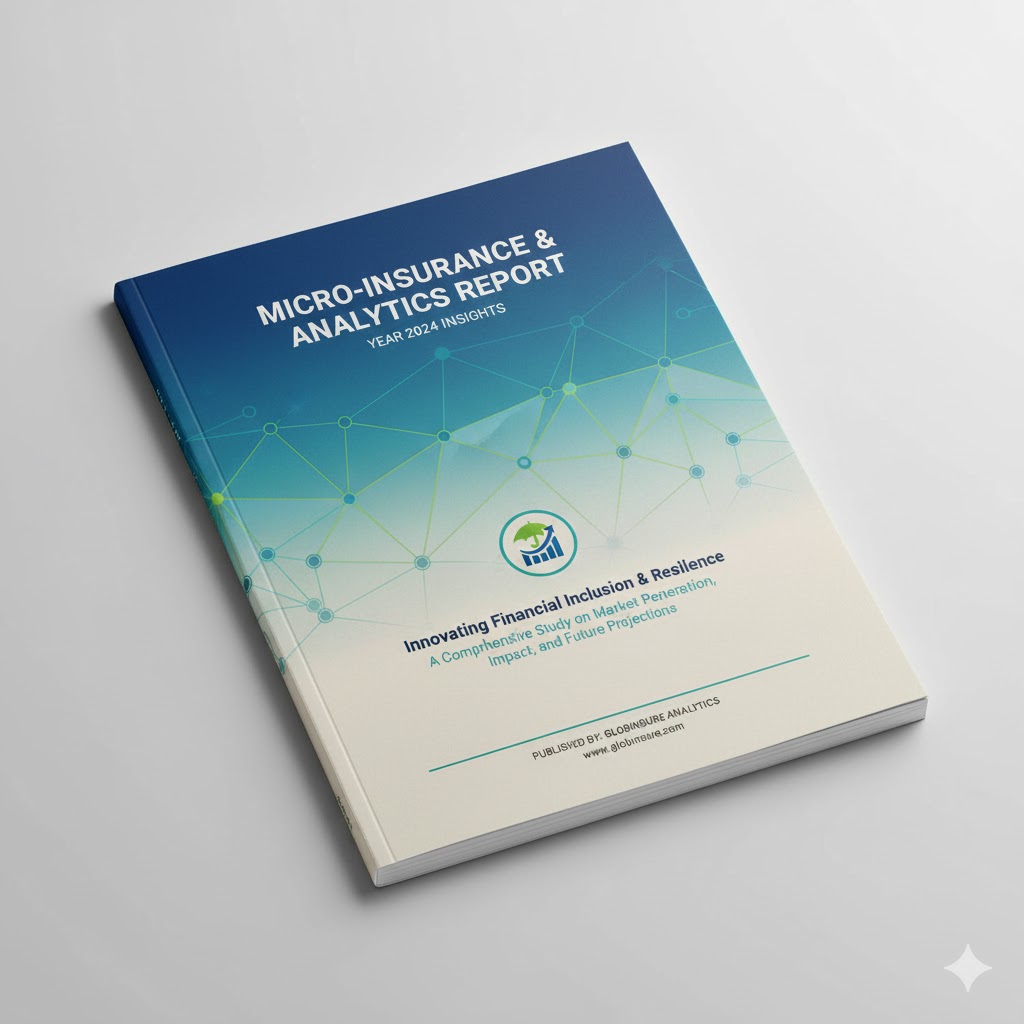Displaying 1 - 15 of 15

Case brief: ALM SEGUROS
Case brief: ALM SEGUROS. This presentation introduces ALM Seguros as one of the pioneering microinsurance companies in Brazil. The company focused on delivering accessible life and funeral insurance to underserved communities, building trust through affordable premiums and simplified claims. The case illustrates how early entrants in the Brazilian market paved the way for inclusive insurance by aligning product design with local needs and regulatory frameworks.
Date d'émission
2021
Sujets
Sujet (Produit)

Case Brief: Field Accident Insurance - PROFIN Foundation
Field accident insurance – PROFIN Foundation. This case highlights a specialized microinsurance product developed in Bolivia to cover medical expenses resulting from injuries during official soccer, basketball, and volleyball matches. Distributed through sports associations, the product is tailored to the needs of amateur athletes and addresses a previously uninsured risk segment. It showcases how inclusive insurance can be adapted to community-based distribution and activity-specific protection.
Date d'émission
2020
Sujets
Sujet (Produit)

Case brief: MIDAGRI
Case brief: MIDAGRI. The Peruvian Ministry for the Development of Agriculture and Irrigation (MIDAGRI) introduced agricultural insurance as a strategic policy tool to enhance the competitiveness of the agricultural sector. This led to the creation of the Seguro Agrícola Catastrófico (SAC), a public insurance program designed to protect smallholder farmers from extreme weather-related losses. The case outlines the structure of SAC, its implementation, and the government's role in building resilience through accessible, state-supported agricultural insurance.
Date d'émission
2021
Sujets
Sujet (Produit)

Empowering Women, Building Trust: A Case Study of a Women-Centric Insurance Solution in Nigeria
Describes FCMBeta Health, a women-focused micro health insurance product in Nigeria, bundled with micro-loans, offering hospital cash and maternity coverage. Over 90,000 enrolled by 2025.
Date d'émission
2025
Sujets
Sujet (Produit)
Région

IFC Inclusive Business Case Study: MicroEnsure
MicroEnsure bundled insurance with mobile loans and airtime in 15 countries. By 2016, this model had scaled to reach over 40 million clients and included 200+ insurance products. It illustrates a high-impact approach to mobile-enabled microinsurance delivery with large-scale outreach.
Date d'émission
2016
Sujets
Sujet (Produit)

Insurance Automation by Lead Foundation in Egypt
Insurance automation initiative led by Lead Foundation in Egypt, exploring how digital systems can enhance access to inclusive life insurance. The case outlines the broader poverty and economic context, key capacity-building interventions, implementation strategy, and an honest reflection on both the successes and challenges faced. It also discusses project outcomes and lessons learned, offering a blueprint for tech-enabled insurance in underserved regions.
Date d'émission
2019
Sujets
Sujet (Produit)
Région

InsuResilience Solutions Fund – Development of an Insurance Programme for Public Schools in Peru
Public-private partnership to insure 50,000+ Peruvian public schools against natural disasters with parametric payouts. Led by APESEG and ISF with support from IDF, AXA XL, and Munich Re.
Date d'émission
2021
Sujets
Sujet (Produit)

Lead Family Insurance by Lead Foundation in Egypt
Insurance Automation by Lead Foundation in Egypt. This case outlines the economic and poverty context in which the intervention took place, including the project's approach to capacity building and automation. It highlights both the results achieved and not achieved, and captures key lessons learnt in delivering health and credit life insurance to underserved populations.
Date d'émission
2020
Sujets
Sujet (Produit)
Région

Making climate risk microinsurance work. Case Study: Kenya Agriculture Insurance Program (KAIP) with APA, Kenya
Information on the Kenya Agriculture Insurance Program developed in partnership with APA Insurance. The overview includes pricing structures, government subsidy mechanisms, challenges in implementation, delivery models, and overall performance metrics. The case outlines key lessons learned from executing a national climate risk microinsurance scheme in a Sub-Saharan African context and provides insight into scaling agricultural resilience through public-private collaboration.
Date d'émission
2021
Sujets
Sujet (Produit)
Région

Making Microinsurance Work, Scale2Save Learning Paper
Making Microinsurance Work: This learning paper by Scale2Save explores the challenges affecting the uptake of microinsurance across emerging markets. Drawing from real-world case studies in Côte d'Ivoire and Nigeria, it identifies key barriers and presents practical strategies to boost adoption. The report highlights innovative distribution approaches, customer education tactics, and partnership frameworks that drive scale and sustainability for inclusive insurance services.
Date d'émission
2021
Sujets
Sujet (Produit)
Région

Pioneer Microinsurance: Building a Business around Positive Customer Experience Pays Off
Pioneer Microinsurance in the Philippines built a strong customer-centric culture by leveraging client data and insights and embedding customer-focused behaviors across the organization. This approach improved the customer experience, strengthened client value, and drove significant business growth, including higher policy renewals and expanded outreach.
Date d'émission
2018
Sujets
Sujet (Produit)
Région

Rashtriya Swasthya Bima Yojana (RSBY) – India
India's national public health insurance scheme for the poor, offering smart card–enabled, cashless hospitalization to over 37 million low-income families. This flagship initiative aims to enhance access to healthcare and financial protection for the most vulnerable populations across the country.
Date d'émission
2015
Sujets
Sujet (Produit)

Social Finance Brief: Pacífico Seguros
Social Finance Brief on Pacífico Seguros in Peru, outlining their experience in delivering non-life (property) insurance solutions. The brief explores product innovation, operational models, and lessons learned through collaboration with ILO Impact Insurance and MiM, focused on strengthening financial resilience through non-agricultural property coverage.
Date d'émission
2022
Sujets
Sujet (Produit)

The Growth of Inclusive Insurance in Zambia
Details how Zambia created an inclusive insurance ecosystem through coordinated efforts and industry-wide stakeholder engagement. Zambia's Technical Advisory Group (TAG) led a structured process to align stakeholders, catalyze innovation, and grow the microinsurance market.
Date d'émission
2016
Sujets
Sujet (Produit)
Région

Towards universal health coverage in Vietnam: a mixed-method case study of enrolling people with tuberculosis into social health insurance
Vietnam piloted enrolling TB patients into social health insurance to advance universal health coverage. While 76.5% were successfully insured, barriers like paperwork, delays, and costs left many uncovered. The study highlights the need for more flexible and patient-friendly enrollment systems.
Date d'émission
2024
Sujets
Sujet (Produit)
